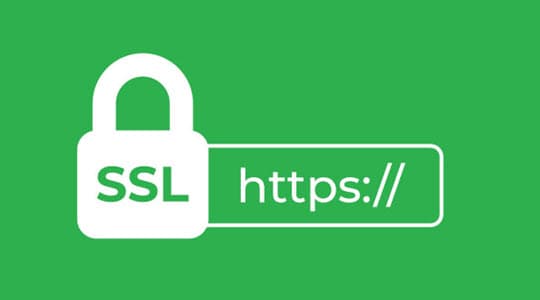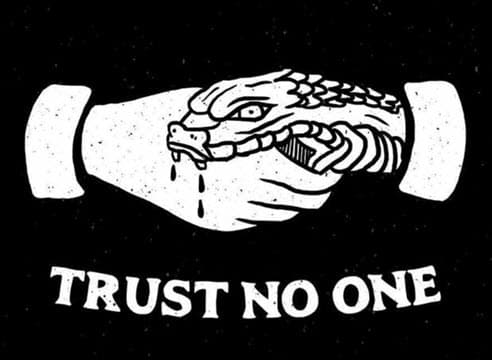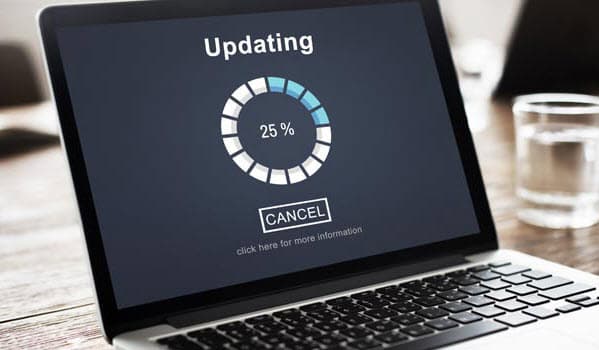Website Security
Here are the top 5 most important issues
1. Always use HTTPS with SSL certificates
Every website needs an SSL certificate to encrypt data between the user's browser and your server. This protects sensitive information like passwords and payment details from being intercepted. This also needs to be done with every single communication your site has on the backend.


2. Validate and sanitize all user input
Never trust data coming from users—whether it's form submissions, URL parameters, or uploaded files. This prevents attacks like SQL injection and cross-site scripting. Use prepared statements for database queries and escape output before displaying user-generated content.
3. Strong authentication
Require strong passwords, use secure password hashing, and implement proper session handling. Consider adding two-factor authentication for admin accounts. Make sure sessions expire after inactivity and that logout actually destroys the session completely.


4. Keep everything updated
Regularly update your software, plugins, frameworks etc. Most security breaches happen through known vulnerabilities in outdated software. Set up automatic updates where possible and monitor for security patches.
5. Back up data regularly
Automated daily backups can save your business if you're hacked or experience data loss. Also, follow the principle of least privilege—only give users and applications the minimum permissions they need to do their job. This limits damage if an account is compromised.